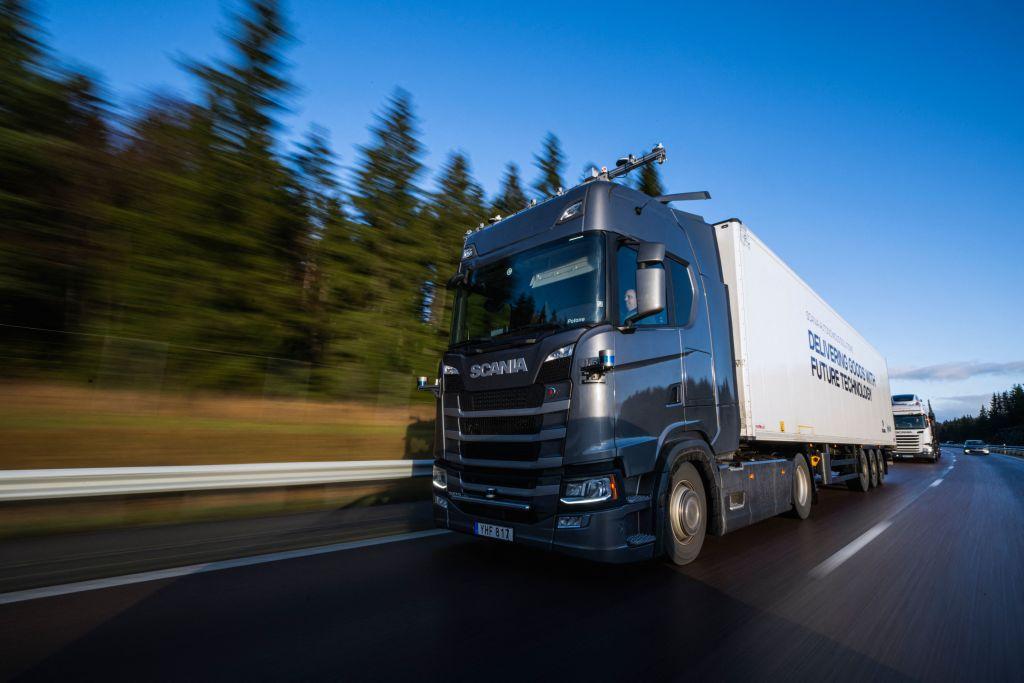California, again, is seeking to ban autonomous driving of trucks weighing more than 10,000 pounds after lawmakers re-introduced legislation for such vehicles during a news conference in Sacramento Feb. 12.
Assemblywoman Cecilia Aguilar-Curry, whose bill over the same issue was vetoed last year by Gov. Gavin Newsom, said her new bill—Assembly Bill 2286—would protect good-paying trucker jobs for California workers and ensure safer streets as the new technology develops, according to a press release issued Feb. 13 by the International Brotherhood of Teamsters, which represents blue and white collar workers in the United States and Canada.





